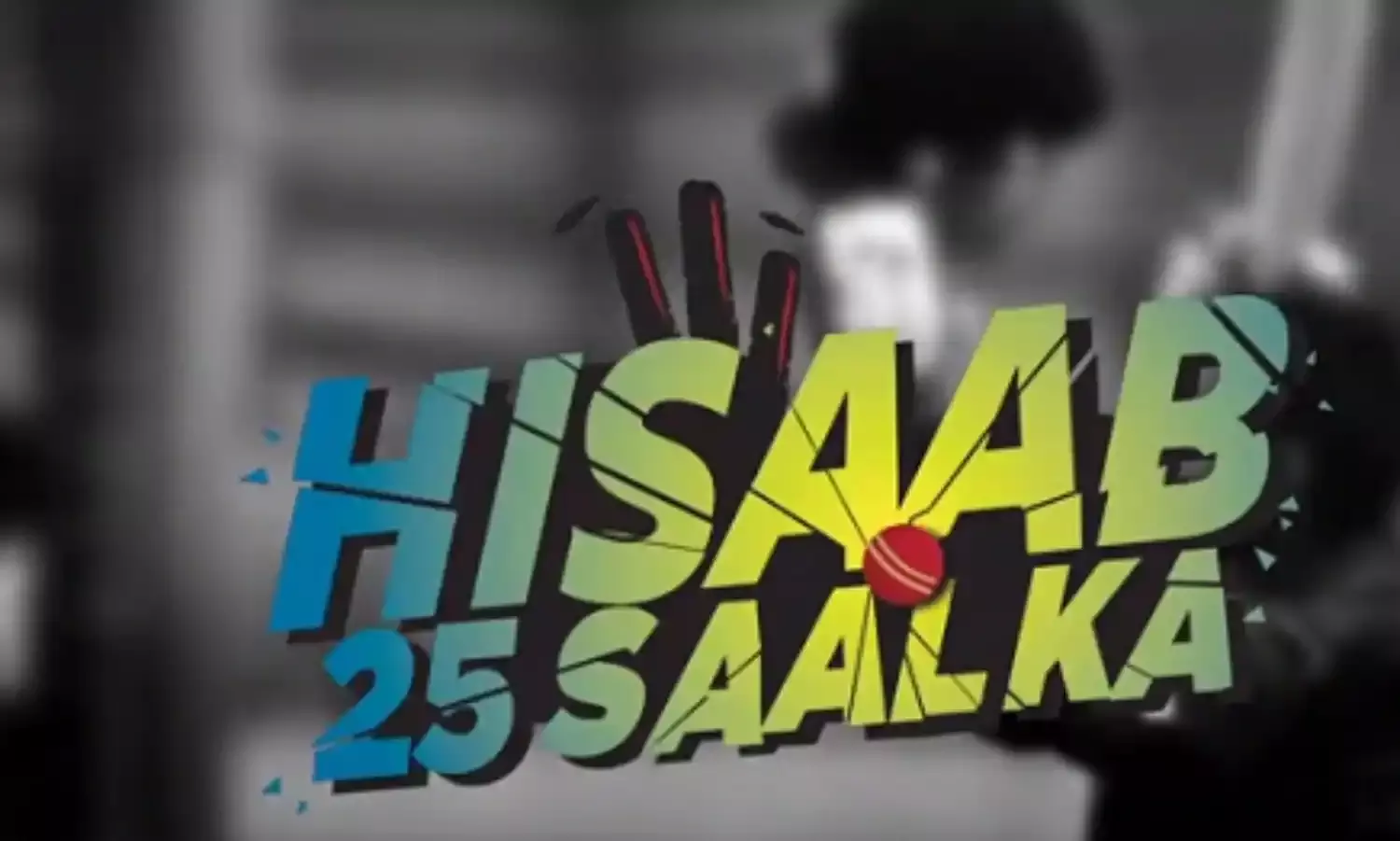It's about Respect, Not Revenge
Cricket advertisements are setting a dangerous precedent
As I was switching TV channels, I saw an advertisement on the upcoming and much awaited India-South Africa cricket series. The advertisement is about talking full-revenge of all the losses of the Indian cricket team in their last six outings to South Africa. I am sure that it must be commercially viable for the producers of such advertisements as they can easily tap into the emotions of a large chunk of population.
In a country where cricket has been almost associated with patriotism, cricket matches are often portrayed by media houses as ‘battlefields’. It’s made about taking revenge of earlier losses and gloating after victories. Sports, which is such a great equalizer and specially cricket which has been termed as a ‘gentleman’s game’ should not turn into jingoism.
One of the greatest gentleman of cricket Rahul Dravid in his famous quote says, “You don’t play for Revenge, you play for respect and pride”. The quote beautifully sums the essence of playing itself. People play because they enjoy playing and people watch others playing because it makes them remember about their childhood when they used to play.
Sports are about achieving excellence and not to belittle or demonize others. In emotionally charged atmospheres on the field, it is natural to be aggressive but it’s not at all good to fuel the emotions of aggression by producers of cricket advertisements and sports news bulletins whose language keeps deteriorating day by day.
Sports is not just about winning but also about enjoying the game in totality no matter which team or individual one supports. It is also about appreciating the better performers even if they are from a rival team. This is what is done in the advertisement produced by South African channels for the India-South Africa series.
In their advertisement named Freedom Series 2018, they show about the shared legacy of Mahatma Gandhi between India and South Africa which brought the two countries closer. The advertisement thanks India as it was the first country where the South African cricket team toured after their exile from international cricket due to apartheid.
Such is the difference between the two advertisements that one couldn’t help but notice that different one advertisement is from the other. The advertisements are not just a commercial product but also reflect the attitude of society. The cricket advertisements of late in India are setting a dangerous precedent where the emphasis is more about belittling the opponent than admiring the game.
The current advertisement is not just a one-off case. In the recent past, there are many such instances where unsporting language has been used. The famous ‘Mauka Mauka’ cricket advertisement is all about ridiculing Pakistan’s losses to India in all their world cup matches against India.
In all fairness, these cricket advertisements are just distasteful. Relatively if one now watches the old cricket advertisements, they look much more progressive in their content and outlook. Societies should progress with time, not deteriorate. To top it all, news headlines like ‘Dho Denge’ (Whitewash them), ‘Peet Denge’ (Beat them)’ etc just adds to the deterioration in the news content.
To conclude, it’s a huge responsibility of the people sitting on important positions in news media, advertisements and public relations to not let their creativity down with time. Any content especially on visual medium leaves a big impression on the minds of many people. At the end, sports is about enjoying lives and not fighting wars, not even verbally.





